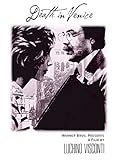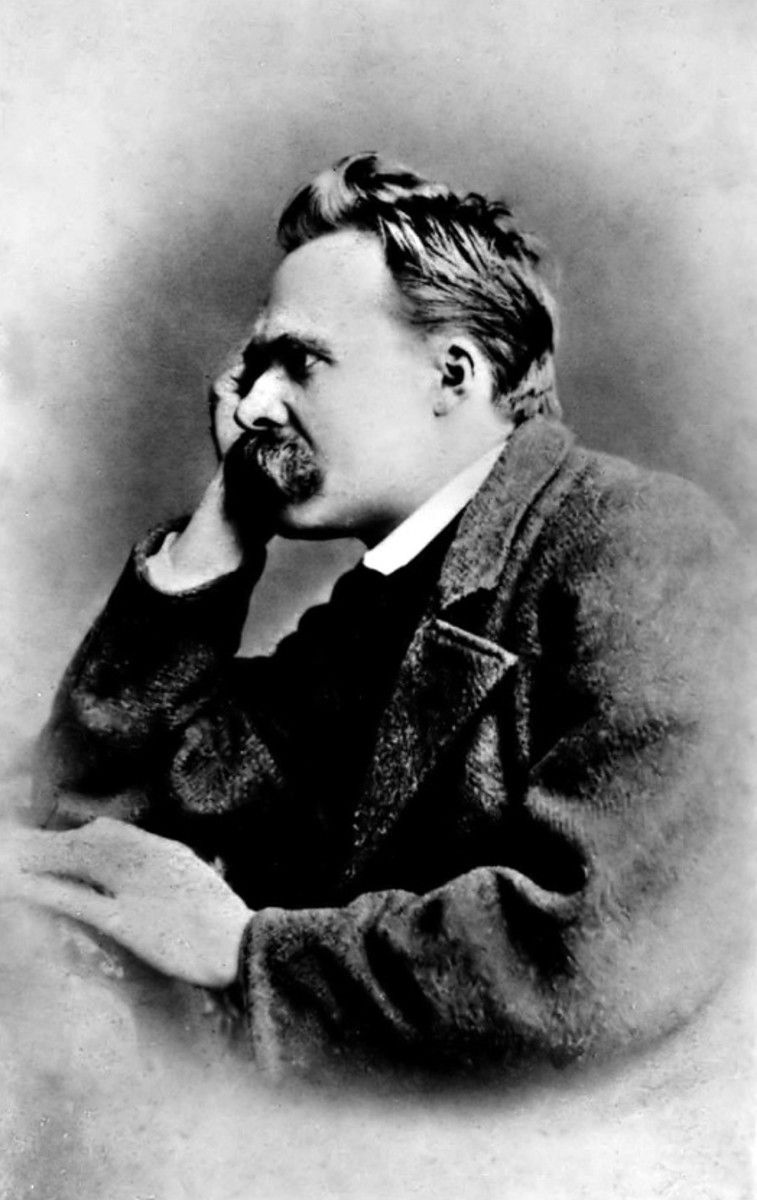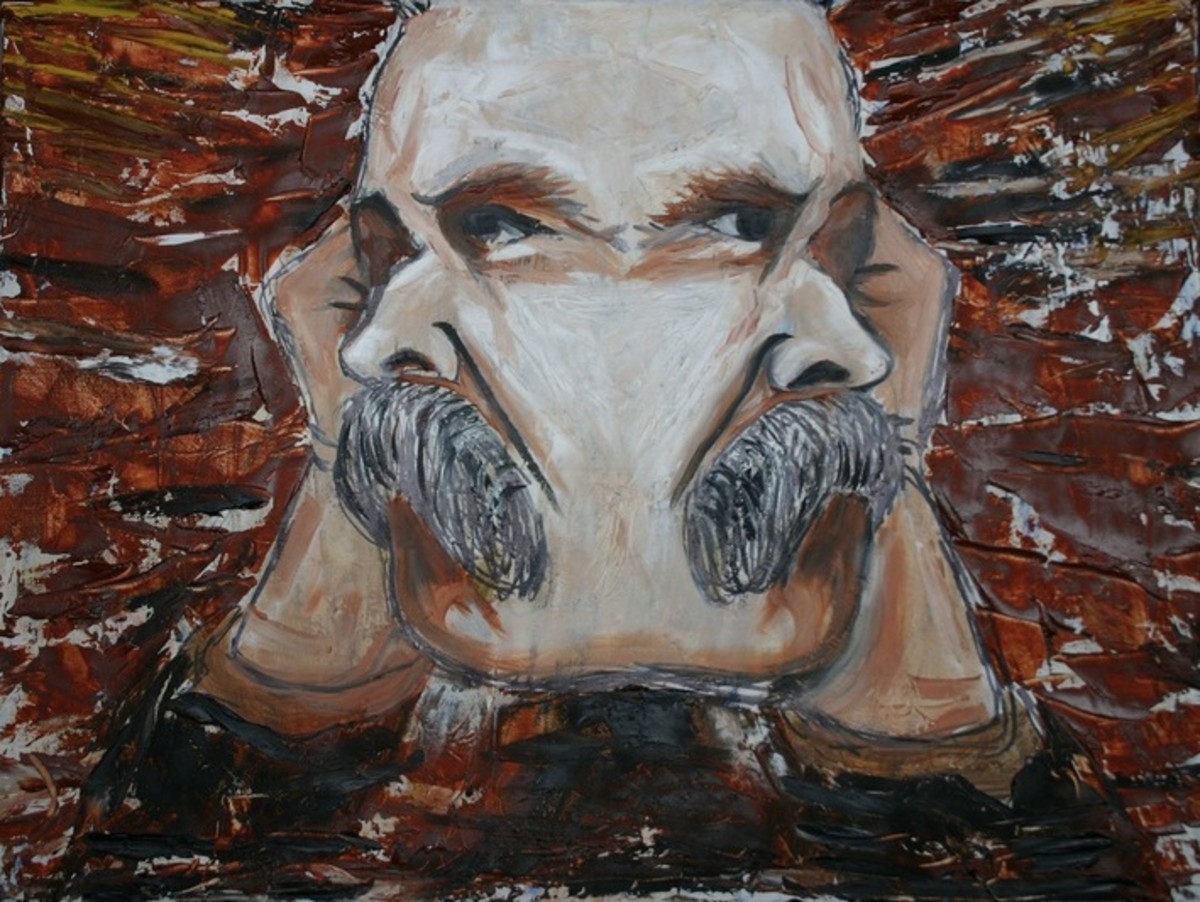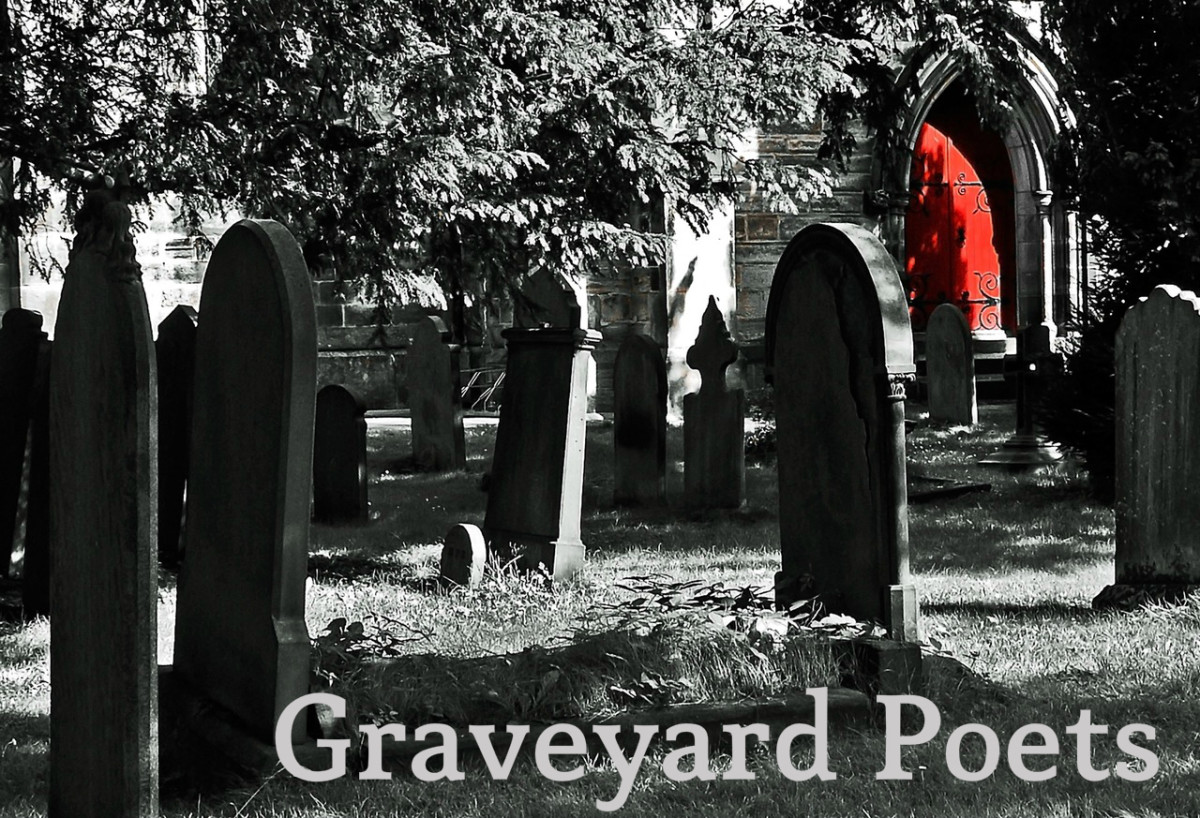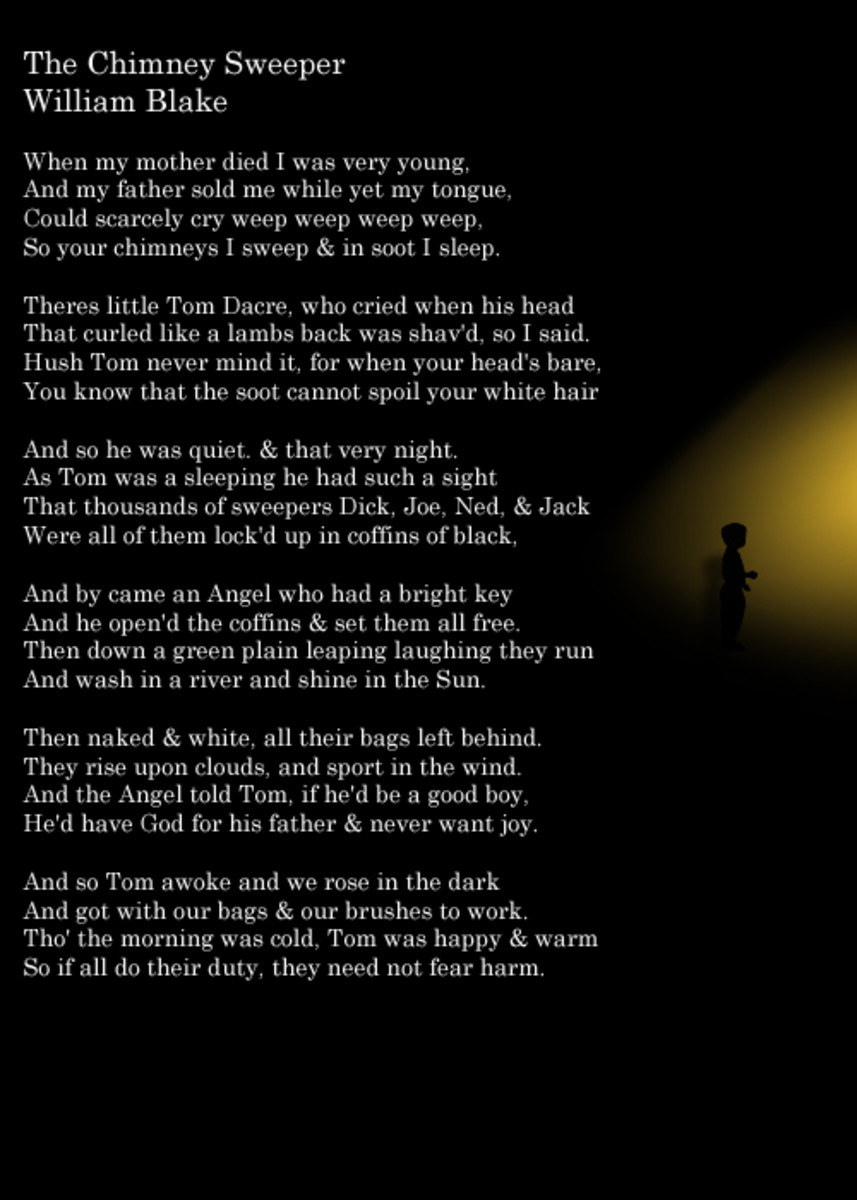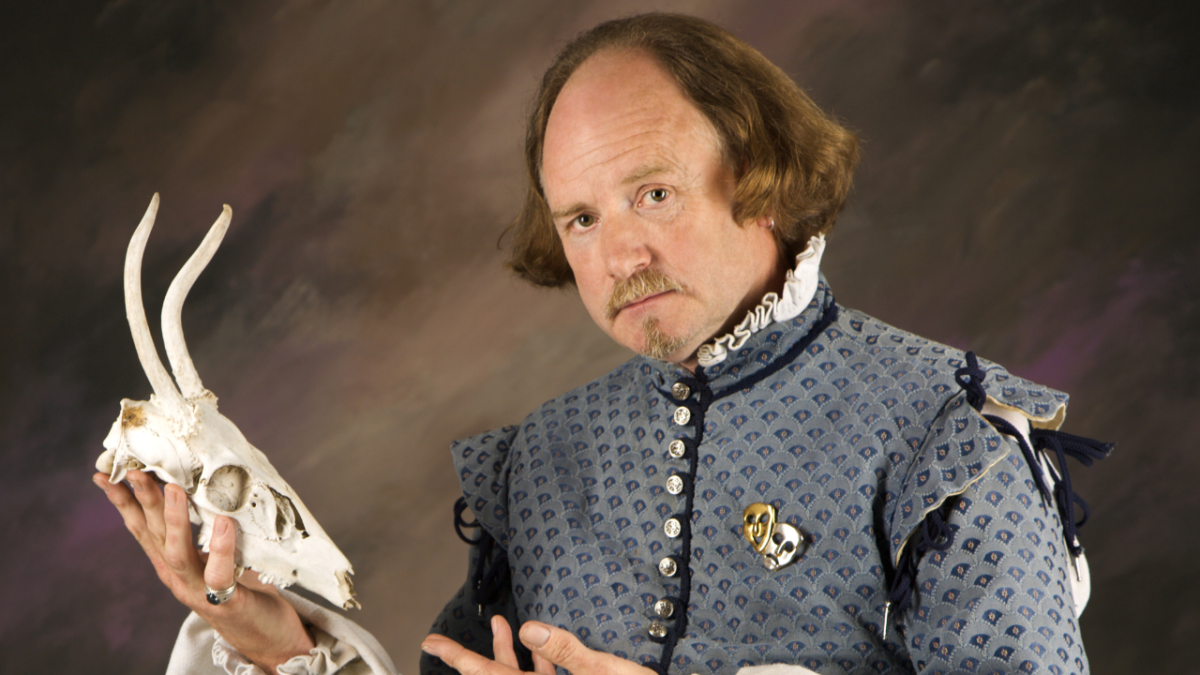A free response essay on Death in Venice by German author Thomas Mann
Death In Venice by Thomas Mann

Why am I posting this up?
I wrote this essay in 2006 for a Grade 12 philosophy class. When writing an essay or an assignment for school the hardest part for me was figuring out where to start. I believe that getting a few ideas by seeing examples and reading other peoples essay's always helped me figure out how I would write my own essay and how to get started. That is why I decided to share my essay with all of you. Hope this helps!
Introduction
Death in Venice explores the relationship between an artist and the world in which he lives. The theme of the conflicts between art and life are a re-occurring theme in many of Thomas Mann’s works, Death in Venice is the conclusion of this theme in Mann’s works. One of the noticeable influences of Thomas Mann and Death in Venice is German philosopher Friedrich Nietzsche. Thomas Mann’s actual life events also were of great influence in Death in Venice. Thomas Mann had traveled to an island near Venice in 1905 during a cholera outbreak and later returned in May 1911 due to his need to escape during a difficult stage in his writing and due to exhaustion, similar to the character Gustav von Aschenbach. Thomas Mann was also homosexual, similar to the character Gustav von Aschenbach. Wladyslaw Moes recognized himself in the portrayal of Tadzio. Similar to Tadzio, Wladyslaw Moes’s family had gone to Venice for the sake of Wladyslaw’s health and he had appeared quite sickly. Moes also played with a young boy named “Jasio”, slightly different to the Jashu, a character which appears to portray Jasio in the novel. Moes also remembers seeing an older man constantly staring at him. The clothing of Tadzio also reminded Moes of the same clothing that he had worn. All these traits and more show the influence of Thomas Mann’s real life events to that of the events in the novel. Through the use of literary devices such as metaphor, diction, allusion, irony and imagery, Thomas Mann was able to exploit the themes of Death in Venice. The philosophical themes in death in Venice are Nietzsche’s birth of tragedy “Apollo vs. Dionysus”, Aesthetics and “Death and Decay”.
Theme 1: Nietzsche’s birth of tragedy “Apollo vs. Dionysus”
One of the most important themes of Death in Venice is the theme of “Apollo vs. Dionysus”. This theme shows Friedrich Nietzsche’s influence on the author, Thomas Mann. Nietzsche wrote in regards to the genesis of Greek tragedy that the Greeks maintained a balance between two forces, the Apollonian and the Dionysian. Apollo was the Greek god of light and of form. Apollo represents reason, rationality, formality, classicism. While Dionysus was the god of fecund nature, spring, regeneration, wine and intoxication, and orgiastic extravagance. Dionysus embodies indulgence, lust, and a less structured lifestyle. In the story of Death in Venice the main character German writer Gustav von Aschenbach, illustrates the concept of Apollo and Dionysus through his progression in the novel. At the start of the novel it appears as though Aschenbach lives by Apollonian principles. Aschenbach takes a journey to Venice in his attempt to surrender his position in society as an artist. This attempted change in Achenbach lifestyle is the beginning of Aschenbach’s transition from his Apollonian lifestyle to a Dionysian lifestyle. As the story progresses Aschenbach finds himself obsessively in love with Tadzio, a 14 year old Polish boy whose family has also come on holiday to Venice. Aschenbach’s obsession with Tadzio unconsciously affected Aschenbach to the point where Aschenbach abandoned all morals and dignity and surrendered himself to a Dionysian way of life in “calm acceptance”. Aschenbach displays Dionysian qualities in this passage of Death in Venice while following Tadzio "Mind and heart were drunk with passion, his footsteps guided by the daemonic power whose pastime it is to trample on human reason and dignity." The imbalance in Aschenbach’s life changed from an Apollonian state to a Dionysian state by the end of the novel. In the Birth of Tragedy Nietzsche theorizes that, “the continuous development of art is bound up with the Apollonian and Dionysian duality--just as procreation depends on the duality of the sexes, involving perpetual strife with only periodically intervening reconciliations”. In Aschenbach, his constant imbalances of Apollonian and Dionysian qualities ultimately lead to his demise.
Theme 2: Aesthetics
Another prominent theme in Death in Venice is the philosophical concept of Aesthetics. In Death in Venice the young Polish boy Tadzio represents pure artistic beauty. Throughout the novel visions of Socrates and Phaedrus come to Aschenbach. A young and beautiful Phaedrus and an elderly and ugly Socrates are beneath a tree in Athens while Socrates teaches Phaedrus about desire and virtue. Socrates tells Phaedrus that Beauty is the only form of the spiritual that may be perceived by the senses. Socrates and Phaedrus are paralled with Aschenbach and Tadzio. The allusion to mythical figures helps to show the universality of the characters of Death in Venice. Aschenbach’s perception of Tadzio is that of perfection. Similar to Plato’s “world of forms” All that exists in Aschenbach’s mind about Tadzio is perfect. Plato explains in regards to the “world of forms” that it is perfect because there is no need to change. No change is associated with the perfect world because there is no need to change. This parallels the perception that Aschenbach has of Tadzio. While the theme of Aesthetics is a prominent theme Aschenbach’s interest in Tadzio becomes much more then aesthetic and is evidently passionate.
Theme 3: Death and Decay
The theme of death and decay is also a very important to the novel Death in Venice. Prior to the events in this novel Aschenbach was an esteemed writer and at the pinnacle of his career. As the story develops the novel shows the decadence of Aschenbach eventually leading to the death promised by the title of the novel. The setting of Venice also implies decadence as Venice is known as the sinking city. Venice had been engulfed by a disease known as cholera. This plague signified the decline of Venice (symbol of European culture), the inevitable immorality of Aschenbach and the death of Aschenbach and his Apollonian principles. Much of Thomas Mann’s attitude towards death is evident through Mann’s personal experiences. Both of Mann’s sister committed suicide while Mann was at an early age. At the age of seventeen, Mann’s father passed away due to blood poisoning.
Conclusion
Death in Venice is able to convey philosophical themes through Nietzsche’s birth of tragedy “Apollo vs. Dionysus” and the imbalance that existed in Gustav von Aschenbach’s life, Aesthetics through the character of Tadzio and Aschenbach’s perception of Tadzio, comparable to Plato’s “World of Forms” and “Death and Decay” of both Aschenbach and the city of Venice. This novel is beneficial for follow strictly by Apollonian and Dionysian principles with an imbalance in their lives. In Death in Venice an observer explains “Here is how Aschenbach has always lived" and he made a tight fist of his left hand … and "not like this" as he let his open hand dangle freely from the arm of his chair. This shows Aschenbach’s strict Apollonian ways of life. The themes of Death in Venice are universal and are still relevant today. Those who live a strict Apollonian way of life and oppress all Dionysian principles would benefit from reading Death in Venice. Those who live a free Dionysian way of life with a lack of Apollonian principles would also benefit from reading Death in Venice as is evidence in the demise of Aschenbach.


